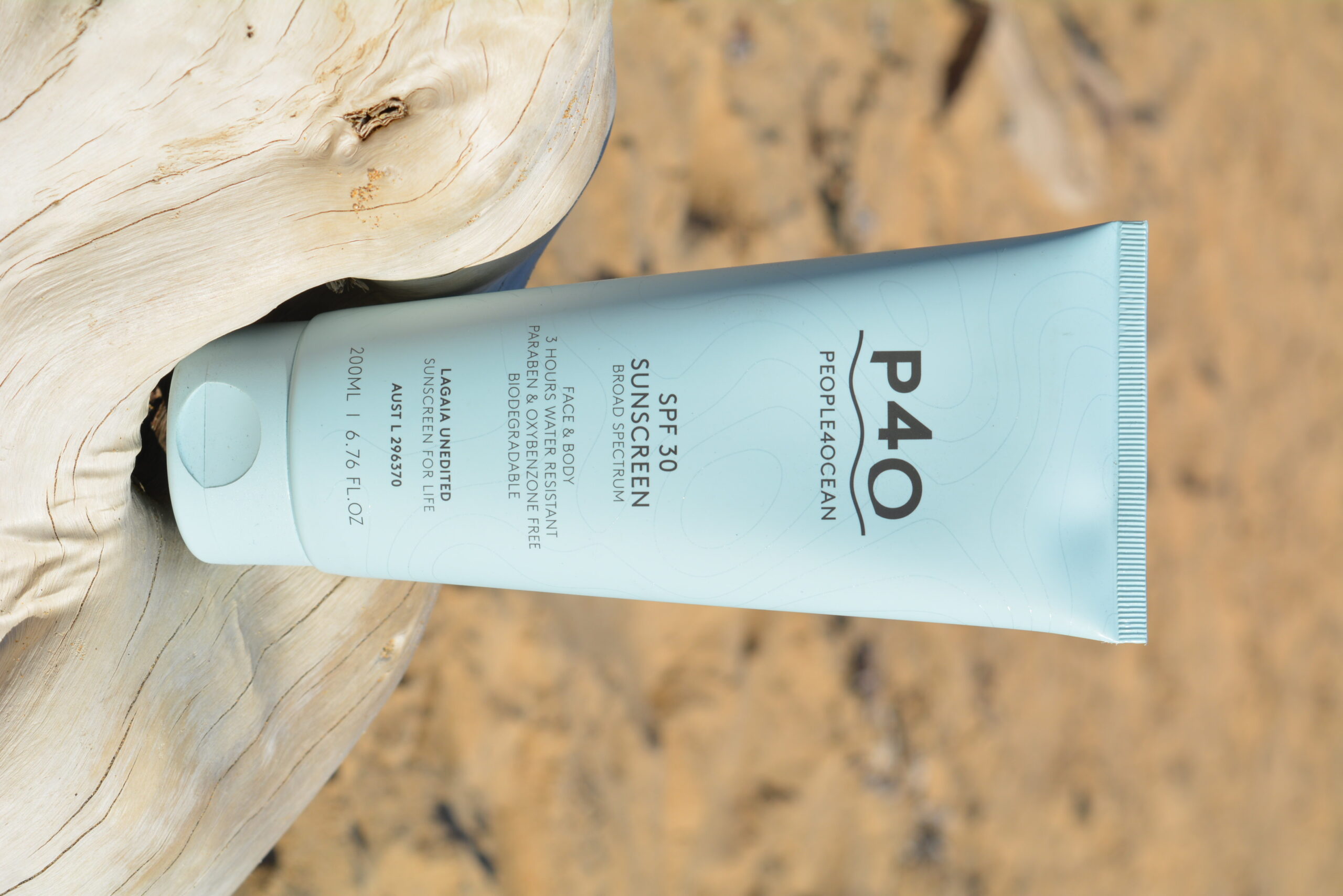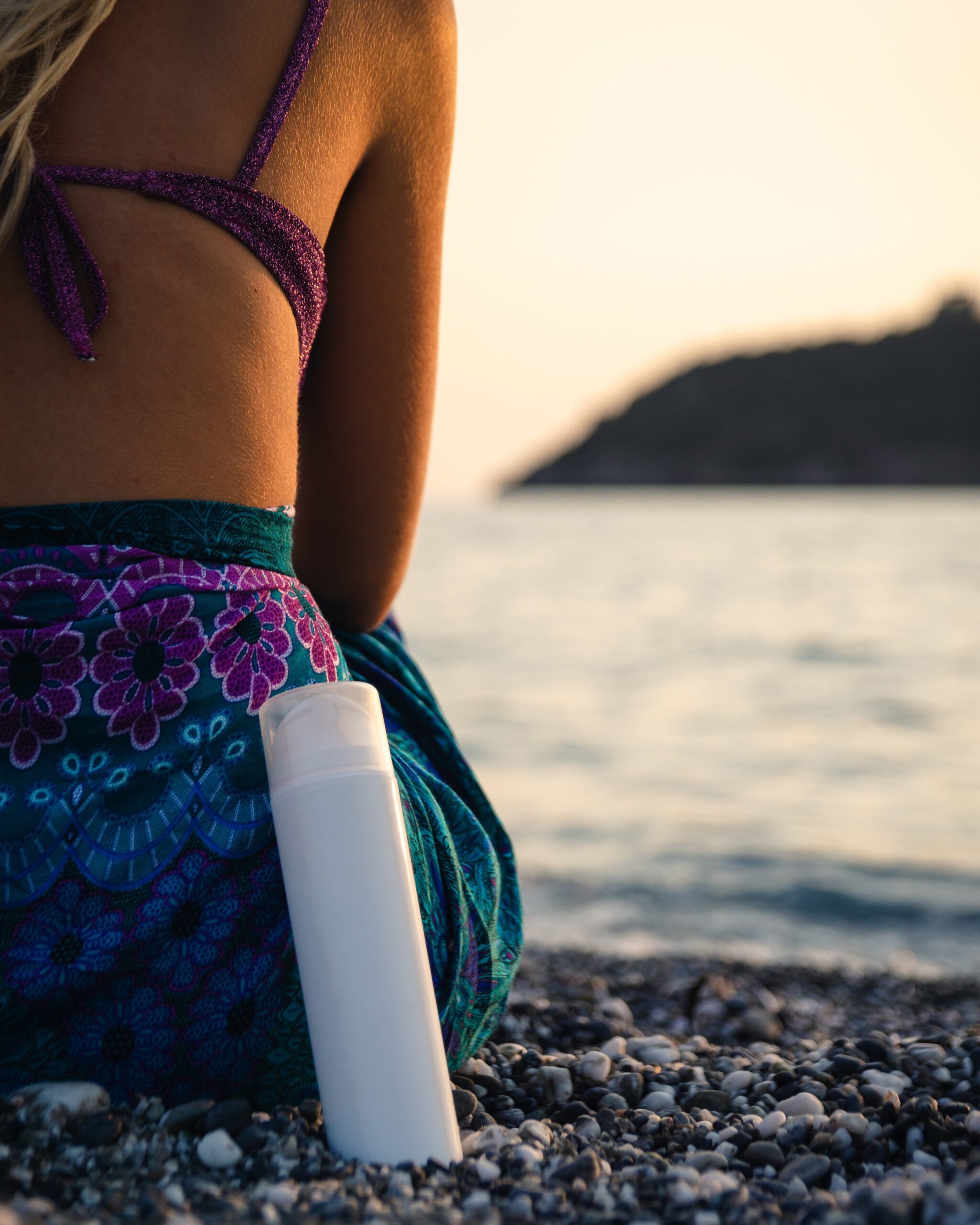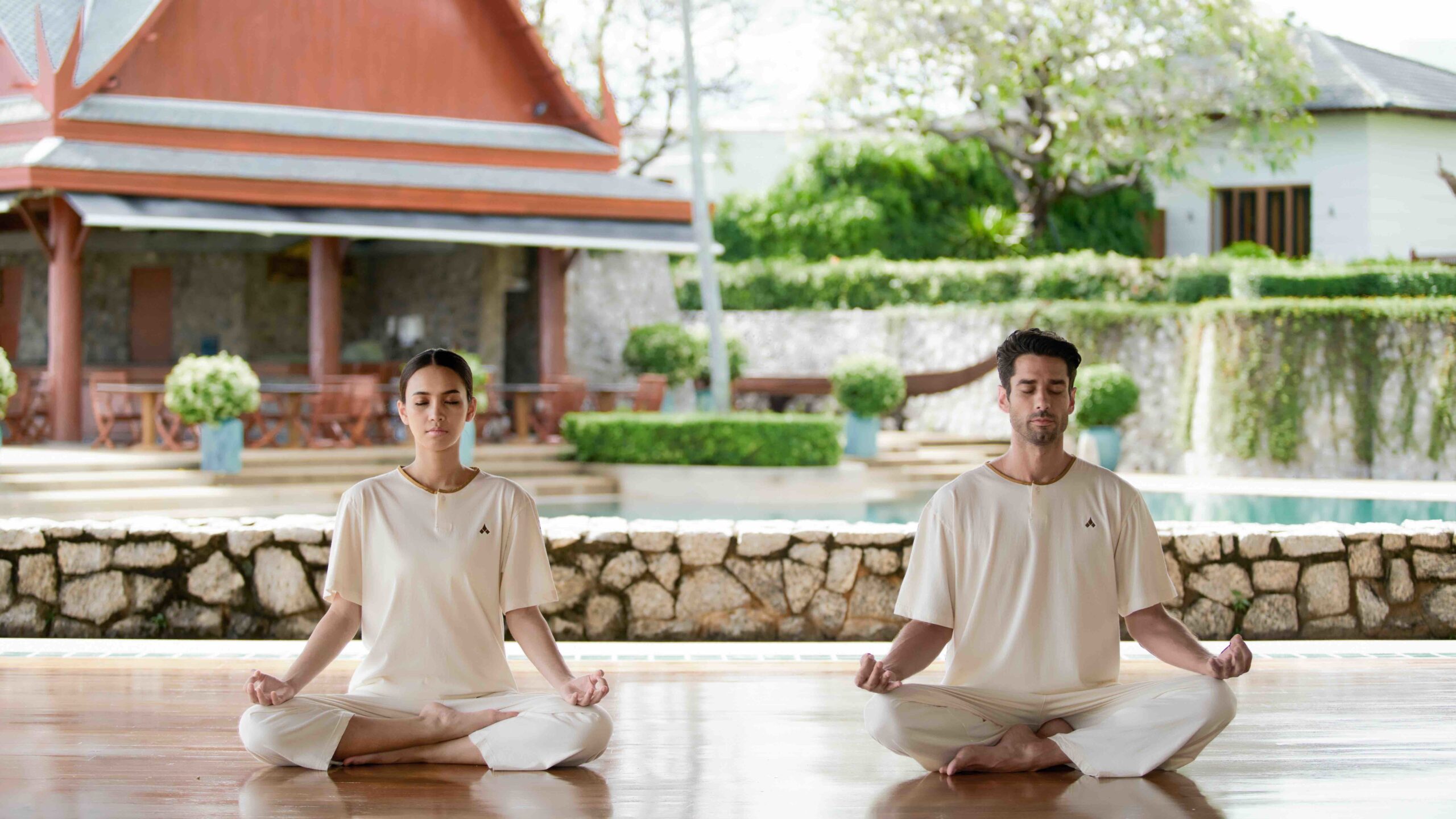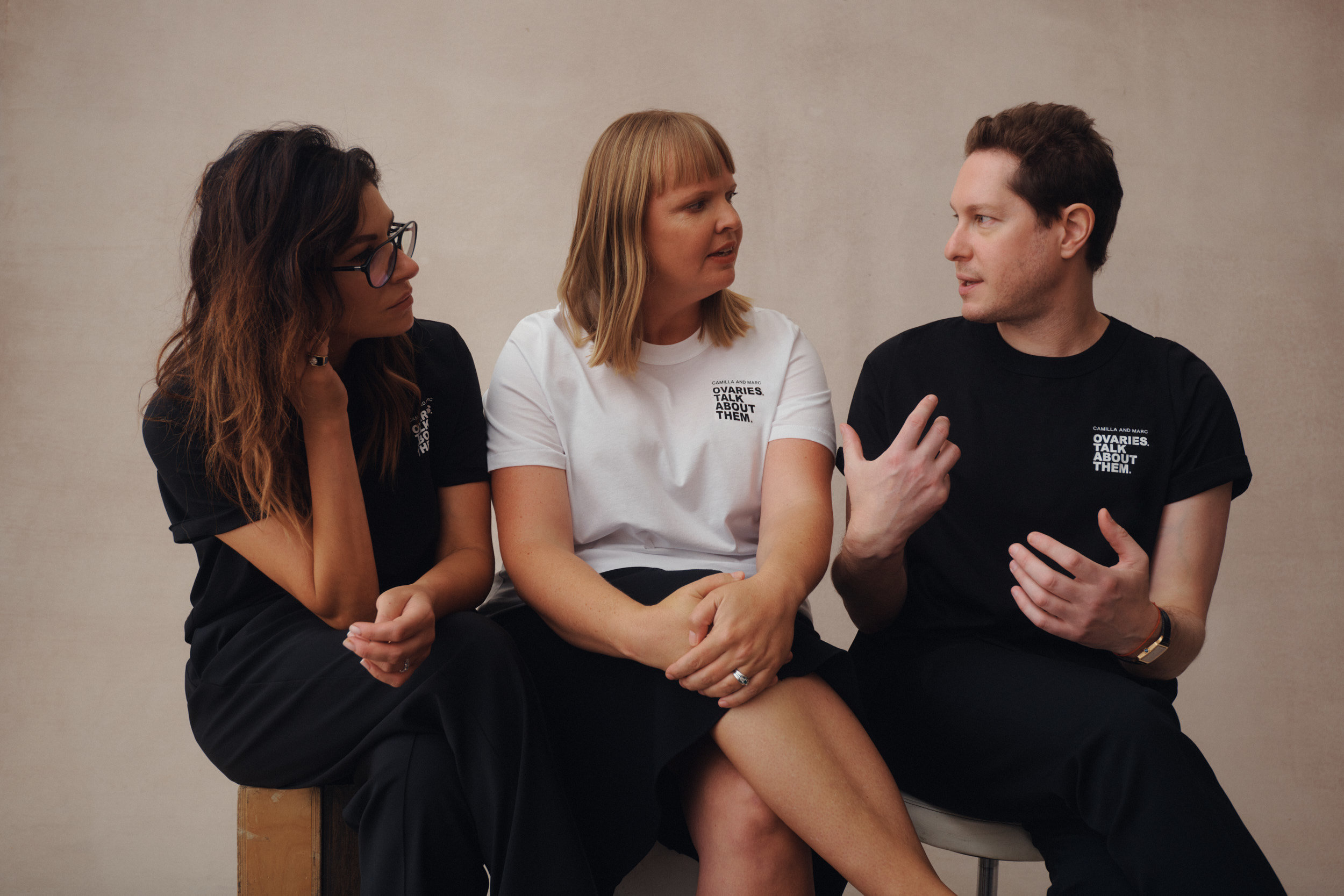Main image Antonio Gabola, Unsplash
Did you know that a staggering 97 per cent of sunscreens on the market contain ingredients that are harmful to you as well as the ocean?
It’s a statistic we mostly don’t think about when we slip, slop, slap on sun protection at the beach.
The two main culprits to look out for on the ingredients list are oxybenzone and octinoxate, which are now banned in some countries.
Good has delved into sea-safe sunscreens and this summer we welcome a new one that gets our tick.
People4Ocean Sun Care is a world-first suncare system co-created by marine biologists, in collaboration with spa brand LaGaia Unedited formulated to protect sensitive skins and natural ecosystems.
Not your average sunblock, People4Ocean excludes all ingredients known to harm the skin and marine life. It has also been tested in Australia under some of the harshest sun on the planet and meets the highest standards in sun protection.
People4Ocean founders and marine scientists, Austin Laing-Herbert MSc. and Louise Laing MSc., have witnessed firsthand the impacts of sunscreen on coral reefs and oceans.

Sunscreen pollution is a modern-day reality. Most sunscreens brands, including prestigious names, contain a cocktail of chemical compounds harsh for the skin and toxic to marine life. As they leach off your skin when showering or swimming in the ocean, these compounds wash off into various water sources with insidious consequences on aquatic life.
In fact, 97 per cent of sunscreens on the market contain coral-killing ingredients such as oxybenzone and octinoxate. These chemicals can biomagnify meaning they increase in concentration in the tissues of organisms as the pollutant travels up the food chain. A number of marine species have been discovered to be contaminated with such chemicals, from white fish to trout, mussels to coral, mahi-mahi, dolphins, sea turtle eggs, and migratory bird eggs. Additionally, Oxybenzone and Octinoxate, which were banned in Hawaii in 2018, can induce coral bleaching at concentrations as small as one drop in an area the size of 6.5 Olympic swimming pools. Coral bleaching in turn increases our planet’s sensitivity to the threats of climate change.
“Coral reefs worldwide have been in decline for as long as we can remember. In the past 50 years, climate change, land clearance, pollution and overfishing have wiped out 50 per cent of reefs globally. Today, sunscreen pollution is also part of the problem. As ocean lovers and reef scientists, protecting these precious ecosystems is our way of life” says co-founder Louise Laing. “With People4Ocean Sun Care, we aim to reverse the damage done to our reefs and give back to our oceans in the smartest way possible”.
People are not exempt from these impacts. To act as required, sunscreens must contain some form of UV filter to absorb, reflect or scatter UV light. The list of chemical UV filters is long and unfamiliar with most sunscreens comprising up to 20 or more chemical compounds. As the skin rapidly absorbs these chemicals, this directly affects our health via the bloodstream. In 2019 and 2020, the FDA published two studies showing that many common sunscreen chemical ingredients are systemically absorbed into the body after a single use and detectable in urine within 30 minutes of application. Previous to that, similar UV filters were detected in 85 per cent of breast milk samples making these ingredients unsafe to use on newborns, and while pregnant or nursing.
Influenced by the spa industry, People4Ocean ingredients combine spa-grade botanicals, ceramides and nourishing oils to provide the best sun protection but also help the skin with the damaging effects of the sun such as pigmentation, dehydration, pH stress and premature ageing with no detrimental impacts to our bodies and with Mother Nature in mind, always. People4Ocean addresses skin and oceanic wellness hand-in-hand and further commits to its fundamental core, #protectmorethanyourskin, by donating a percentage of product sales towards marine conservation initiatives. “We believe our sun care products, and the people that use them, can be a driving force to preserve and restore marine ecosystems worldwide” say the founders.
Following three years of formulation, testing and research, People4Ocean created a sustainably made sun care line that transcends the codes of the industry. People4Ocean exclusively formulate sunscreens with mineral zinc oxide (FDA, TGA & EWG approved) to protect the most sensitive skins and preserve aquatic ecosystems. Zinc oxide is the safest UV filter recommended by dermatologists for people with sensitive skin, young children (6 months and over) as well as pregnant and nursing women. It is also the only active ingredient that is considered reef-safe.
In New Zealand they have partnered with Sea Cleaners, a local non-profit organisation with a vision to preserve our coastline for the benefit of marine life and the enjoyment of others. Ocean health is at the heart of Sea Cleaners’ efforts as they tackle pollution along our shores whilst educating and inspiring change in marine contamination prevention and reduction. All New Zealand sales of People4Ocean will support Sea Cleaners to continue their pursuit in cleaning up our waterways and oceans.
In addition, a donation of over $3,500NZD will be granted to Live Ocean, a foundation founded by Olympic and America’s Cup sailors Peter Burling and Blair Tuke that is dedicated to the mission of ocean restoration and protection. This donation to marine conservation foundation Live Ocean will directly support the Seascape Project in the Hauraki Gulf. It’s mapping of sensitive parts of the seafloor and rocky reefs, using underwater photogrammetry, will provide high-quality data to scientists, marine managers, and the public.





